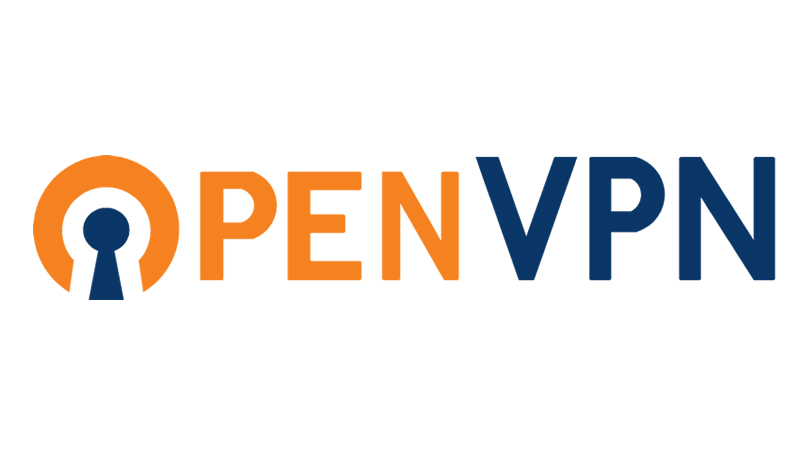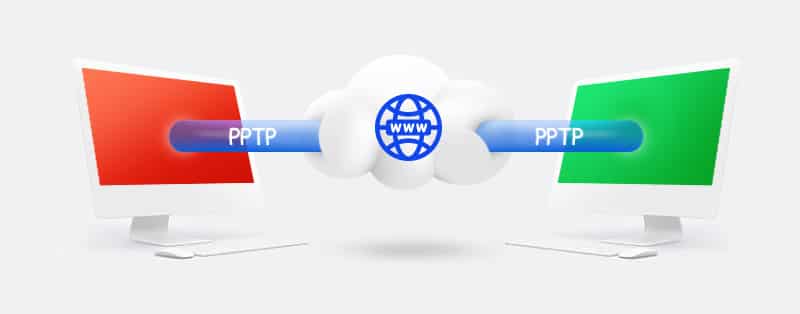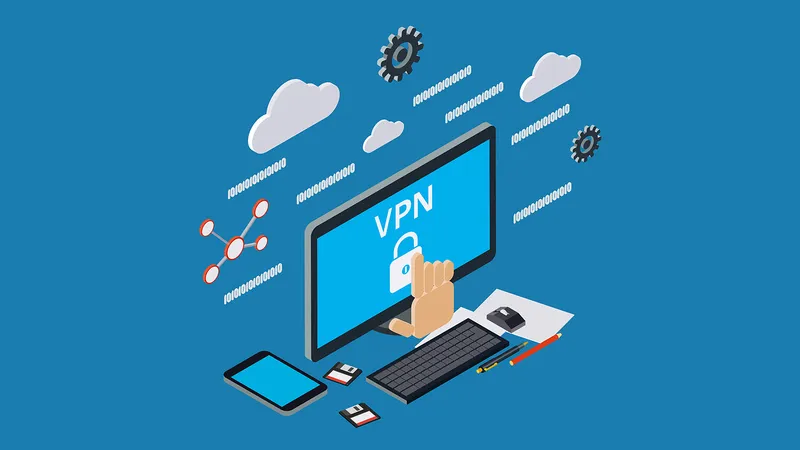The majority of VPN customers probably don’t spend much time researching the various protocols before committing to a provider. If you want to access all of your favourite streaming services while keeping your personal information concealed from prying eyes, you’ll need a VPN. VPN protocols are the foundation and engine behind such services.You may use them to access the services you love without worrying about them falling into the wrong hands, like hackers.
Among the various topics covered in this article is a thorough overview of VPN protocols, including their benefits and drawbacks as well as specific applications. In order to gain a feel for what happens when you hit Connect in your VPN software, this post will be helpful for Windows users, Android users, and iOS users alike.
What is a VPN Protocol?
Just to be clear, a virtual private network (VPN) protocol is a set of guidelines for controlling the encryption and transmission of data via a VPN connection. In order to prevent unauthorised parties from gaining access to your data during your Internet sessions, these protocols establish a secure tunnel between your device (smartphone, laptop, etc.) and a server.

Common VPN Protocols
As a VPN user, you should be familiar with a wide variety of protocols. If you want to setup your virtual private network (VPN) to provide the highest level of security, VPN protocols are really crucial. The most frequent virtual private network protocols are as follows:
OpenVPN:
- Advantages: Because of its open-source nature and status as an industry standard, OpenVPN is a favourite among VPN providers. If you’re concerned about having your personal information stolen, OpenVPN is a great option because of its superb security features, which are made possible by its powerful encryption. It works well on many different platforms and is quite adaptable. You may toggle between more secure surfing and faster download speeds with OpenVPN’s support for both TCP and UDP ports.
- Disadvantages: Due to the high amount of encryption that OpenVPN uses, it may appear to be slower than other protocols, despite the fact that it is secure. Beginners may find the configuration process to be more difficult. IKEv2 and WireGuard are two examples of more recent protocols that offer higher connection speeds.

L2TP/IPsec (Layer 2 Tunneling Protocol with IPsec):
- Advantages: The combination of L2TP with IPsec provides a high level of security and is natively supported on a wide variety of Windows-based devices. Because of its reliability and the robust encryption it offers, it is an excellent option for protecting one’s privacy and security.
- Disadvantages: There are those who believe that it may be susceptible to particular kinds of attacks, and that it may be slower in comparison to other available choices. Protocol that has become obsolete and operates at slower speeds when compared to other protocols.

IKEv2 (Internet Key Exchange version 2):
- Advantages: Mobile users and people who frequently transfer between networks will find that IKEv2, which is well-known for its speed and reliability, is an ideal choice. It offers a high level of security and keeps a steady connection even when switching between mobile data and Wi-Fi connections.
- Disadvantages: There is a limited level of interoperability between platforms because it is not as widely supported on systems that are not Windows. Almost never utilised in any other operating system outside Windows-based devices.
PPTP (Point-to-Point Tunneling Protocol):
- Advantages: Windows users can easily configure PPTP, which is one of the earliest VPN protocols. PPTP is compatible with Windows. It has a low level of encryption, which allows it to provide increased connection speeds.
- Disadvantages: It is unfortunate that the security of PPTP is out of date and is not recommended for users that place a high priority on the privacy of their data because it is quite simple to penetrate. It is incredibly difficult to find use cases.

SSTP (Secure Socket Tunneling Protocol):
- Advantages: Due to the fact that it was developed expressly for Windows, SSTP is extremely compatible with the operating system. The encryption it provides provides a high level of security, and it is well-known for its consistency.
- Disadvantages: It is possible that it will not be supported as widely on other platforms due to its proprietary nature, which will limit its adaptability.


















Leave a Reply